Stop lighting floral candles or spritzing expensive essential oils around your bedroom. Grow the real thing. Plants are natural sleep aids with special calming powers – just ask NASA!
From Jasmine to Mother-in-Law’s Tongue, these plants filter the nasties out of your bedroom air to help you breathe easier and also offer sleep-enhancing scents that help you doze off and make your bedroom smell fresh. But not all plants are as friendly as they seem...
Top tip - following Feng Shui principles will help you to gain the most out of keeping plants in your bedroom.
Allergy and asthma sufferers should seriously consider adding a houseplant to their bedroom. One of the biggest bedroom design trends is to bring the outside in, so why miss out?
1. Aloe Vera
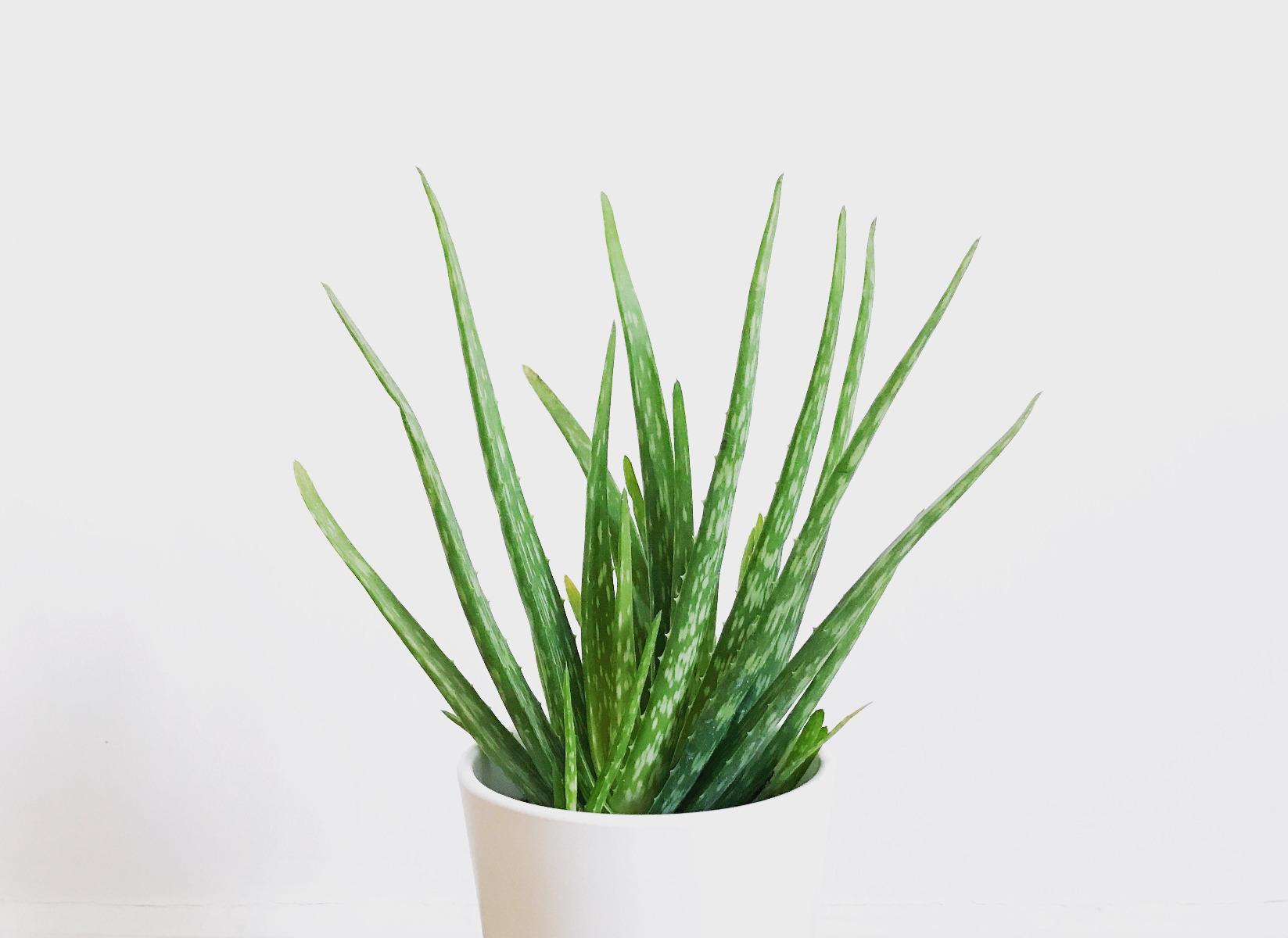
Restless sleepers, grow NASA’s favourite air-purifying plant on your bedside table. Aloe Vera couldn’t be easier to look after, and the rewards for doing so are great for your sleep because they pump out oxygen throughout the night.
Plant the African succulent in a wide, shallow dish and scatter the top soil with white gravel to keep the roots from becoming waterlogged – and to stop mould, moss or fungi particles being released into your bedroom. You only need to water Aloe Vera when the soil’s dry.
2. French Lavender
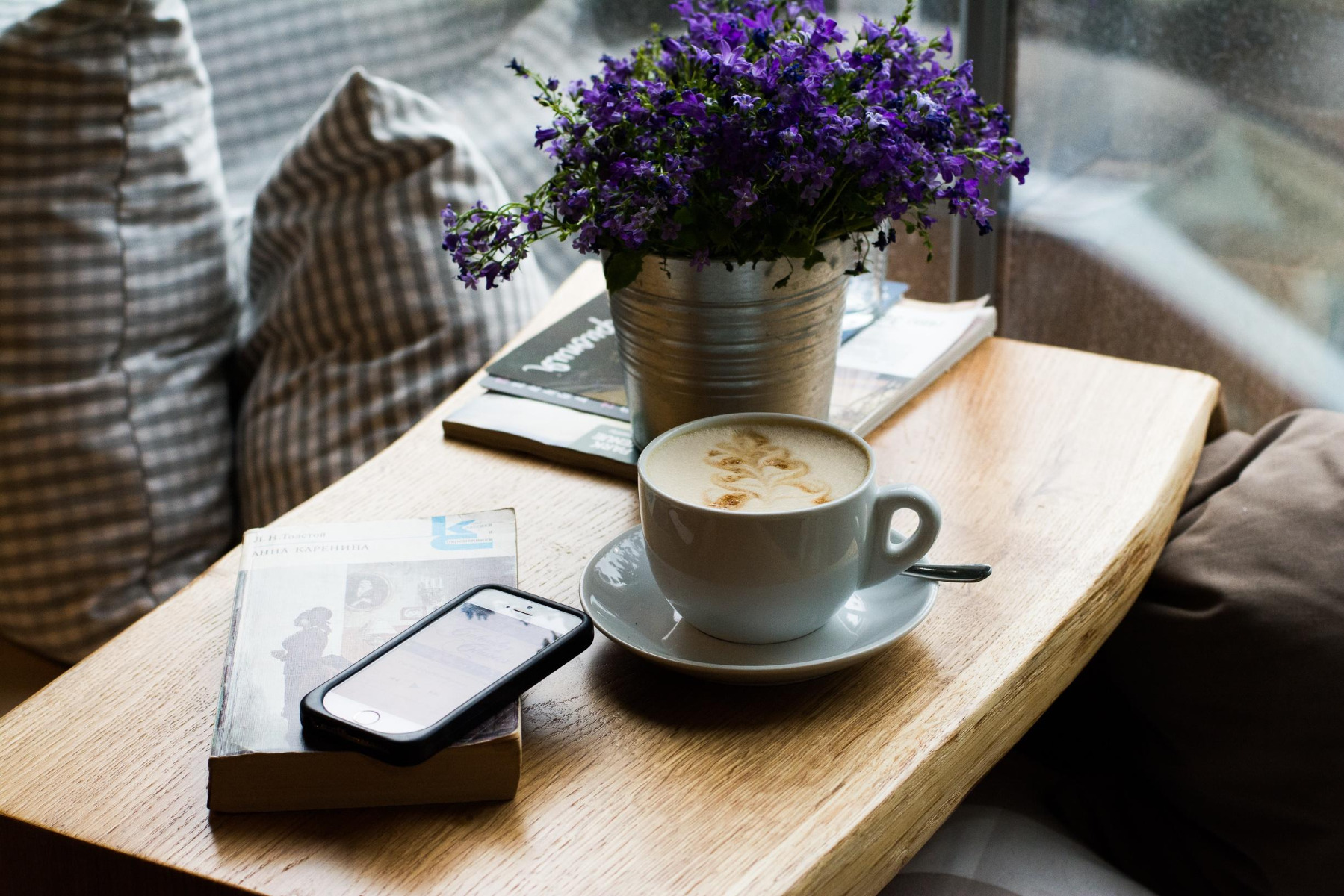
Rather than purifying the air in your bedroom, it’s the smell of French Lavender that helps you drift off to sleep – reducing your heart rate, blood pressure and stress levels, making it a great bedroom plant. See, lavender wakes up the parts of your brain associated with sleep and memories, relaxation and emotion.
The pretty purple herb is tricky to keep as a houseplant. Fill the bottom of your pot with an inch or two of limestone gravel, add soil and pop your lavender on a sunny bedroom window. Rotate the pot every few days, so it gets an even dose of sunlight. And give it a drink regularly, after letting the top inch of soil dry out. Let it sit outside on the sunniest days to help it bloom and flower.
If at first you don’t succeed, make a lavender sleep sachet to stash under your pillow or spritz lavender essential oils around your bedroom instead.
3. Jasmine
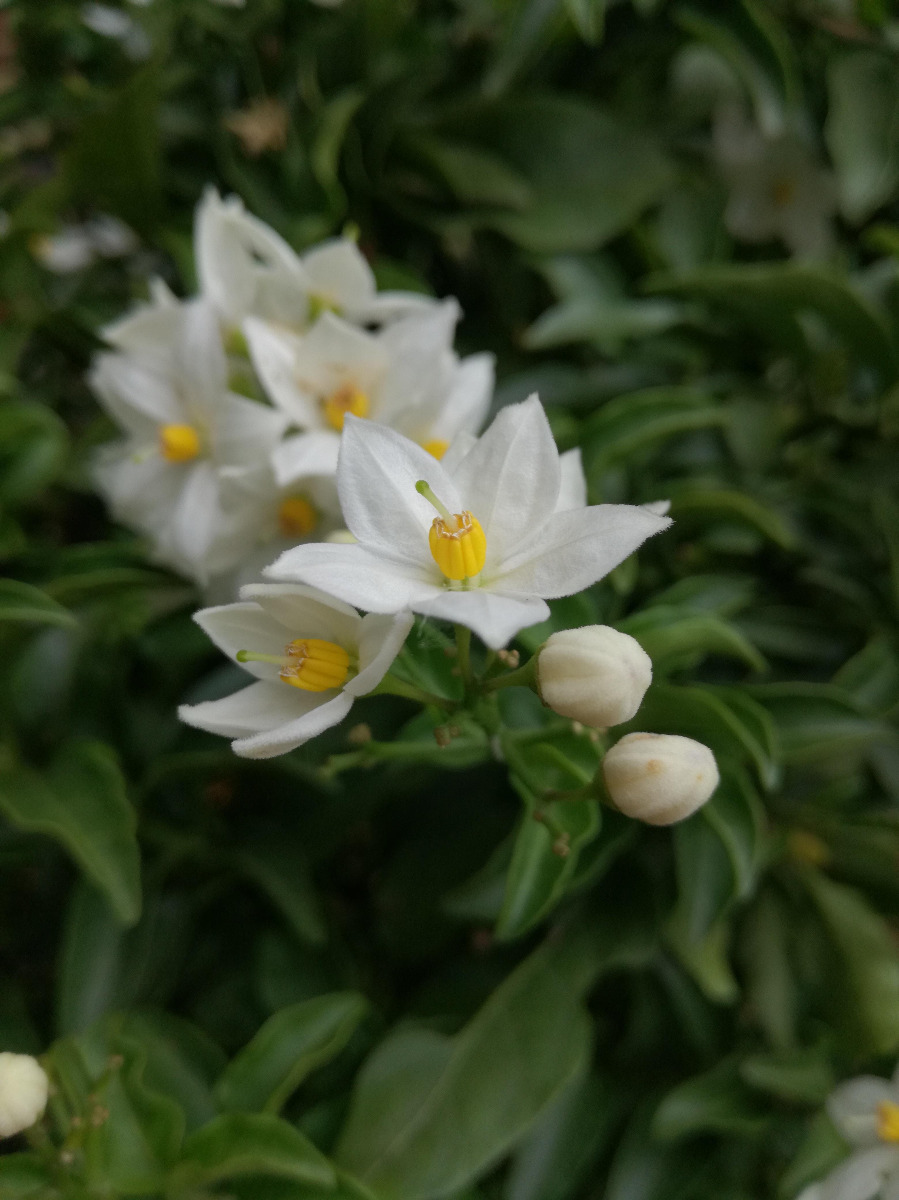
Sweet dreams, psychologists at Wheeling Jesuit University say you’ll sleep better after you smell jasmine, compared to those who don’t. See, the sweet scent of its small white flowers not only keeps your bedroom smelling fresh, but also calms you down and makes you feel less anxious – improving your sleep.
Jasmine is happy in a pot on your bedroom window, so long as you water it regularly, especially when it’s in flower.
4. Mother-in-Law’s Tongue
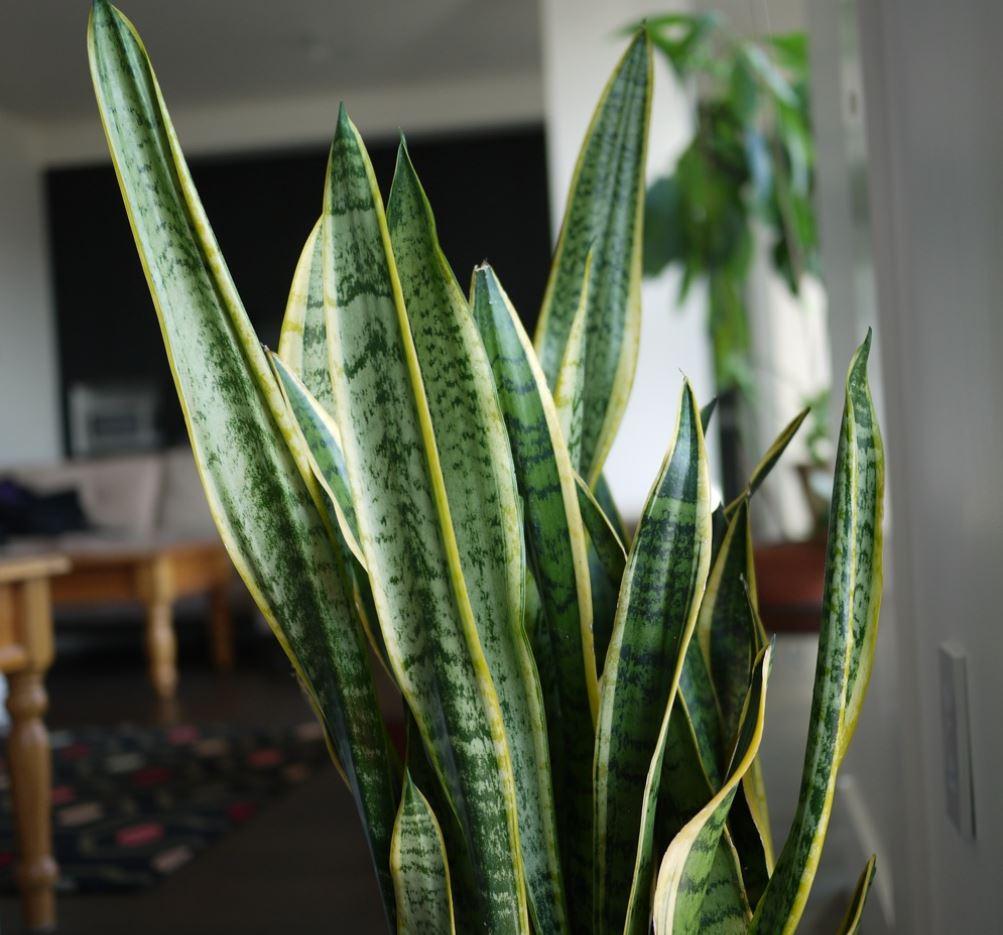
Also known as Snake Plant, this sleep-inducing plant only needs watering once a fortnight. And not only will it look stylish in your bedroom, with its glossy leaves standing tall, but it’s a natural air purifier – giving you oxygen throughout the night and removing harmful chemicals like formaldehyde from hairspray.
5. Peace Lilly
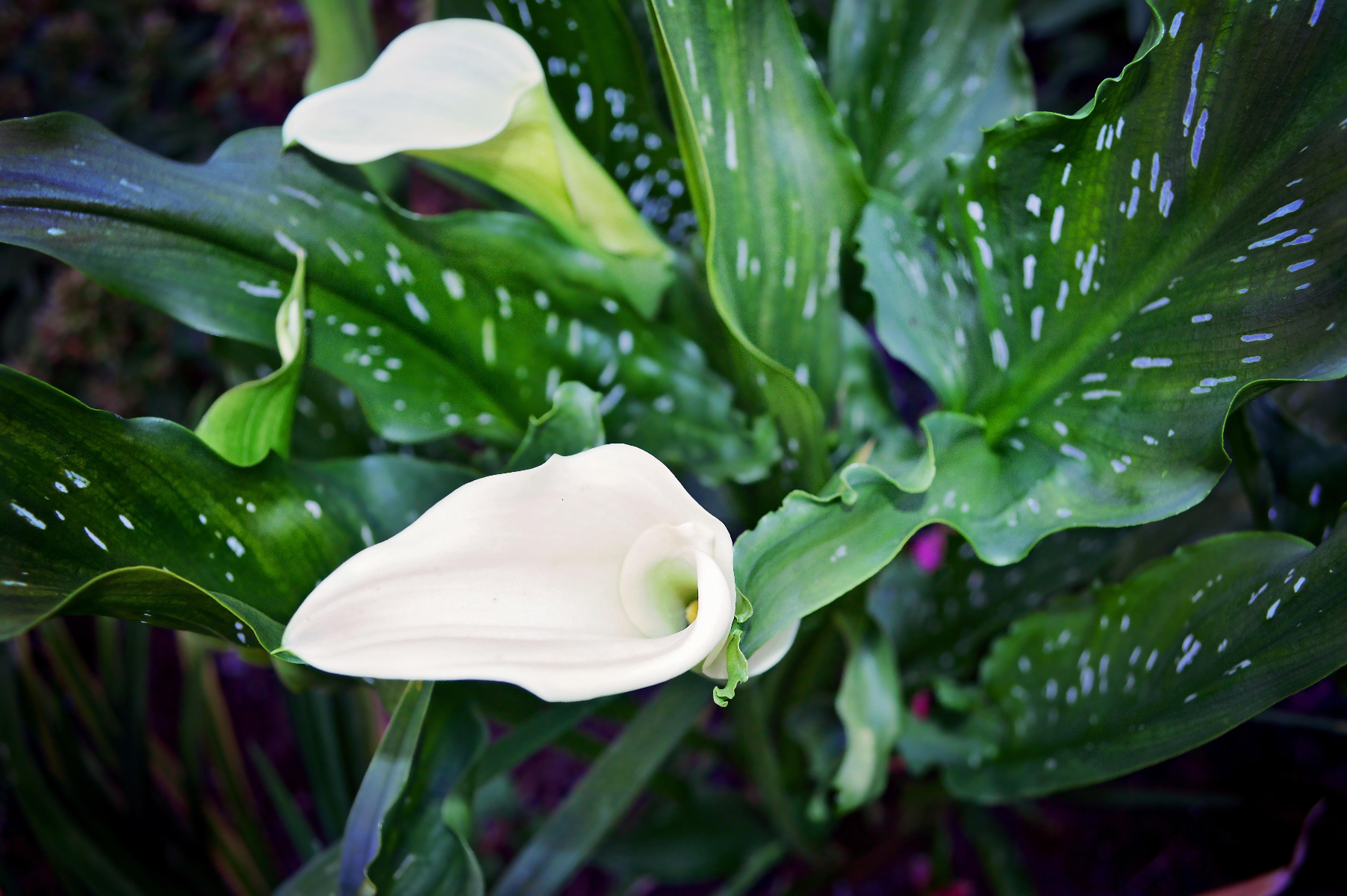
Why wait until your 30th wedding anniversary for a bunch of Peace Lillies when they could help you sleep better tonight? These flowers are perfect for asthma or allergy sufferers, because they remove toxins and increase the humidity of the air in your bedroom – easing dry throats or sinus problems, helping you sleep. Better yet, many hospital patients with Peace Lillies at their bedside experience less pain, anxiety and tiredness.
The downside? Cats aren’t a fan. So be careful if you’re a pet owner.
6. English Ivy
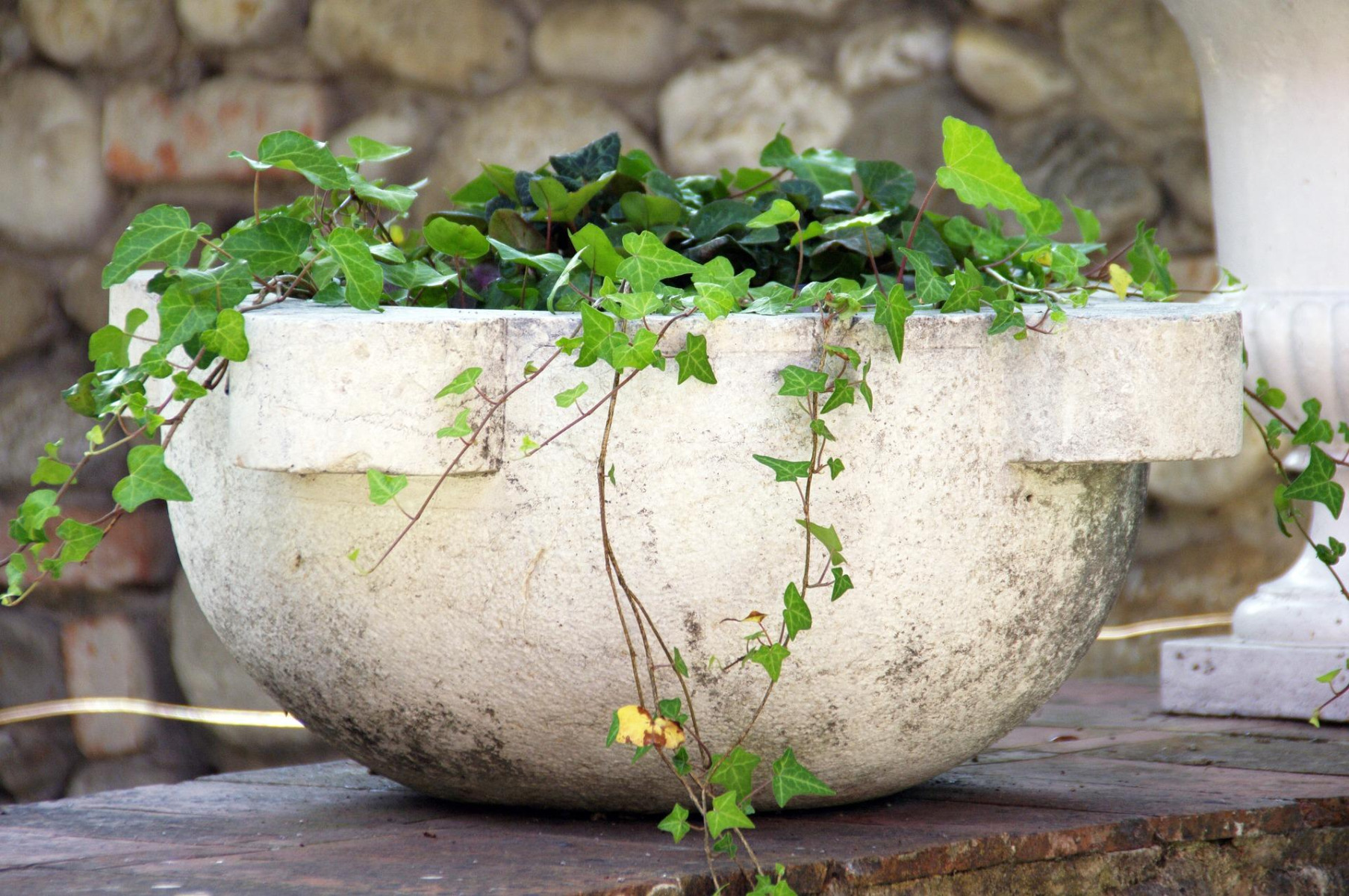
What removes 94% of airborne faeces and 78% of airborne mould in 12 hours? English Ivy – it’s the perfect bedroom plant, because it thrives in darker, cooler places and can help allergy and asthma suffers in particular to enjoy a better night’s sleep.
English Ivy isn’t needy either. Simply wipe the dust off its leaves once a week so they can properly filter your bedroom air. And do keep it away from animals or youngsters who might nibble it, because it is toxic.
Mother-in-Law’s Tongue copyright Marissa Anderson, licensed for use under Creative Commons.
The one to avoid
1. Cactus
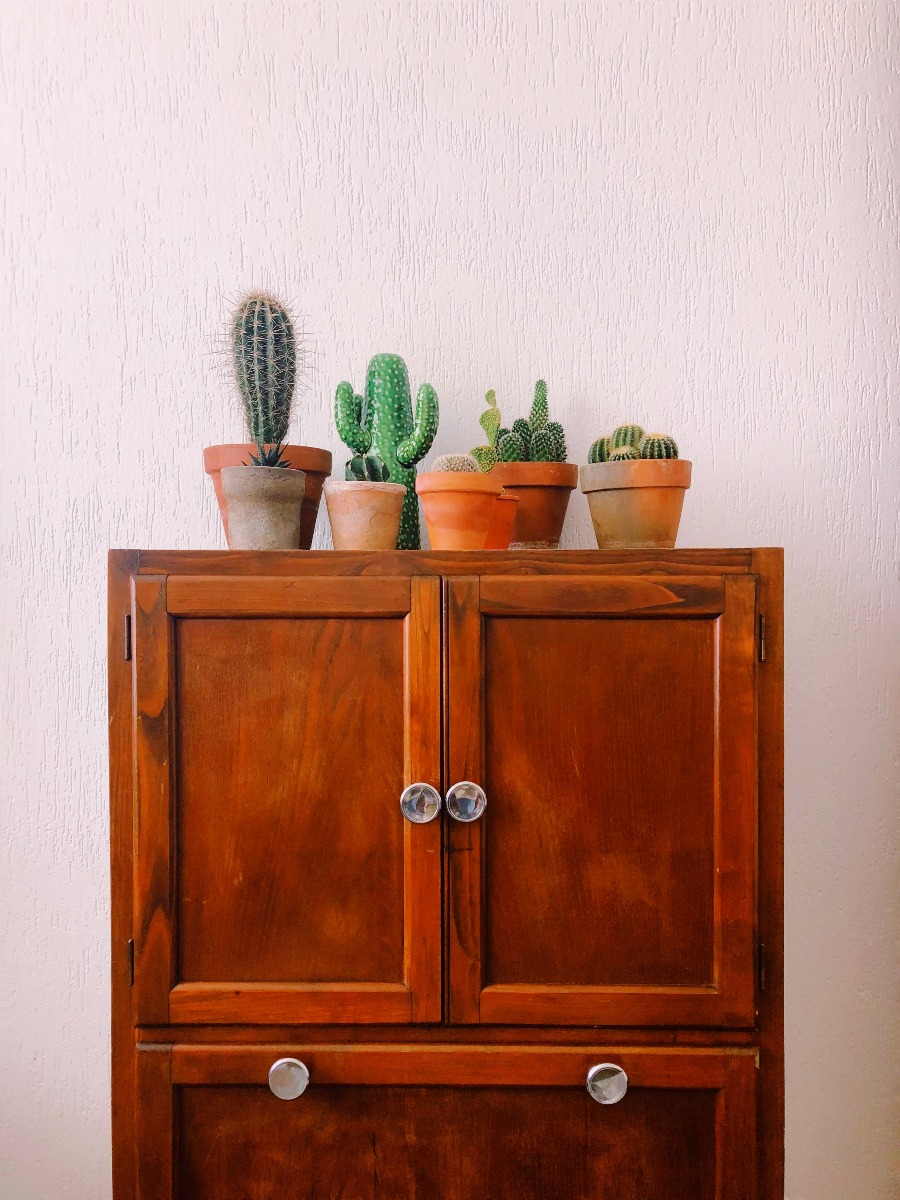
Credit: https://unsplash.com/photos/hEUJgj6HByg
For those among us who aren't the best plant parents and who've lost a couple along the way, a cactus seems like a breeze. And yes, whilst they require less maintenance and won't die if you forget to water them, they do have their downsides. Keeping a cactus in your bedroom goes against the basic principles of Feng Shui and can actually decrease the quality of your sleep.
Cactuses typically have hundreds of tiny spikes on them which not only look intimidating, but they're extremely painful to touch. Your bedroom should be a place of peace and serenity, somewhere that you feel safe to sleep. Cactuses in the bedroom are not only dangerous but encourage bad Feng Shui which, in turn, can impact the quality of your sleep.




